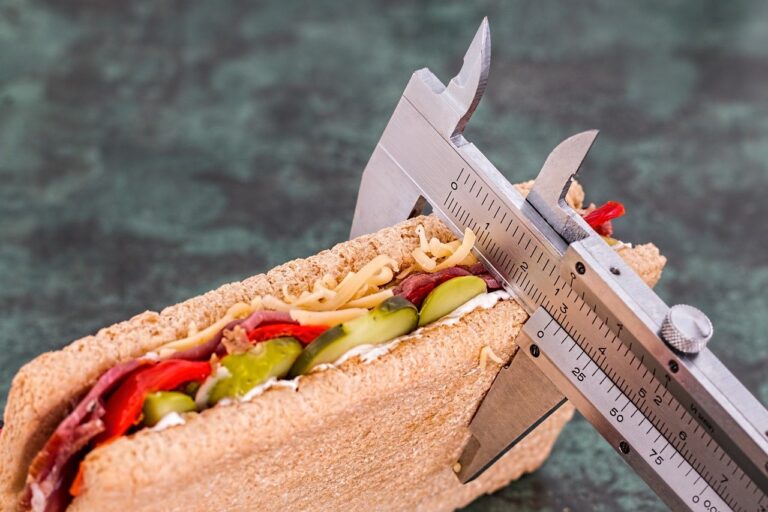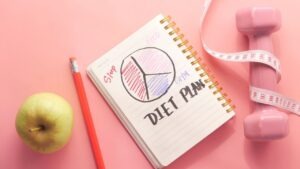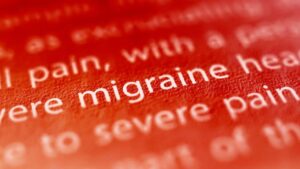HOW MANY CALORIES SHOULD I EAT A DAY ?

FACTORS TO CONSIDER WHEN CUTTING CALORIE INTAKE
Children’s calorie requirements differ significantly according to their age, height, and degree of operation. While an average infant needs about 1,200–1,400 kcal per day, an average teenager who is moderately active requires around 2,000– 2,800 calories daily. Young boys who are involved ought a lot more. Children who spontaneously rise and progress and participate in regular physical activity usually need not count calories.. When given a variety of nutritious food choices, the majority of reasonably active children naturally consume the amount of food their bodies need.
How to Cut Calories
You must consume less calories than you burn in order to reduce weight. However, reducing the calorie intake can be challenging in the long term. Calorie restriction without regard for the ingredients you consume is not a sustainable method of weight loss. While it will work for others, the majority of people get starving and gradually return to their old habits. As a result, it is strongly advisable to incorporate a couple other permanent improvements that will assist us in maintaining a calorie deficit over time without getting hungry. The following evidence-based dietary and lifestyle modifications have been found to aid in weight loss.
Increased protein consumption will increase metabolism, combat cravings, and substantially reduce appetite. Often, fat loss needs a high-protein, low-carbohydrate diet. Though protein does lead to muscle synthesis, excessive protein consumption has little impact on these effects. Since protein consumes energy to synthesize, a high protein diet can increase your calorie consumption by 80-100 calories. Consuming protein makes you feel fuller for longer periods of time and can make you eat less calories during the day. In other words, when including protein to your diet, you can maximize the amount of calories you eat while decreasing the number of calories you ingest. Additionally, protein can aid in the battle against cravings. Eating 25% of daily calories from protein cut obsessive diet thoughts by 60% and the tendency to eat late at night by 50% in a 2011 study (Nutrition science reviews 26.1 (2013): 22-38).
It is important to consume sugary soft beverages and fruit juices, since liquid sugar accounts for the majority of the fat in the Western diet. In terms of the healthiest snacks, sucrose beverages rank near the bottom of the chart because of their excessive calorie and shortage of other nutrients. Persons who eat a sucrose drink may not feel as full as though they had the same amount of calories from solid foods, and research shows that the strong caloric value of these drinks can not be offset with less foods. There are around 150 calories in a can of sweetener beverage or fruit punch, but exclusively from added sugar. Numerous studies also shown a direct correlation between sugary beverages and an elevated risk of obesity, with one research in children demonstrating a 60% rise in risk with each regular serving of a sugar-sweetened beverage. Sugar’s adverse consequences extend beyond weight gain. It may have a detrimental impact on metabolic wellbeing and increase one’s chances of developing a variety of diseases. Consuming berries, which includes fibre and other essential nutrients, may not have the same harmful consequences as drinking fruit juice or other sweetened drinks. Using excessive levels of refined sugar and sugary beverages, on the other hand, may be detrimental to your wellbeing in a number of ways.
Water makes up 60% of the body, which means that the transparent, calorie-free substance is used with about any bodily activity. According to science, the better hydrated you are, the more effectively your body performs activities ranging from dreaming to fat burning. Water has been seen to aid in weight reduction in a number of ways. It can help reduce your appetite, increase your metabolism, and make exercise more enjoyable and effective, all of which can help you lose weight. The pacing of your water use could be even more important. Consuming water immediately before meals can assist in reducing hunger and causing you to consume less calories. The consumption of 17 ounces of water nearly an hour prior to consuming food increased 44 percent in a 12 week study with an improvement in weight loss.. Consuming more water, especially before meals, tends to be beneficial for weight loss when paired with a balanced diet. Caffeinated drinks, such as coffee and green tea, can often temporarily increase metabolism.
How to Cut Calories
Increased protein consumption will increase metabolism, combat cravings, and substantially reduce appetite. Often, fat loss needs a high-protein, low-carbohydrate diet. Though protein does lead to muscle synthesis, excessive protein consumption has little impact on these effects. Since protein consumes energy to synthesize, a high protein diet can increase your calorie consumption by 80-100 calories. Consuming protein makes you feel fuller for longer periods of time and can make you eat less calories during the day. In other words, when including protein to your diet, you can maximize the amount of calories you eat while decreasing the number of calories you ingest. Additionally, protein can aid in the battle against cravings. Eating 25% of daily calories from protein cut obsessive diet thoughts by 60% and the tendency to eat late at night by 50% in a 2011 study (Nutrition science reviews 26.1 (2013): 22-38).
It is important to consume sugary soft beverages and fruit juices, since liquid sugar accounts for the majority of the fat in the Western diet. In terms of the healthiest snacks, sucrose beverages rank near the bottom of the chart because of their excessive calorie and shortage of other nutrients. Persons who eat a sucrose drink may not feel as full as though they had the same amount of calories from solid foods, and research shows that the strong caloric value of these drinks can not be offset with less foods. There are around 150 calories in a can of sweetener beverage or fruit punch, but exclusively from added sugar. Numerous studies also shown a direct correlation between sugary beverages and an elevated risk of obesity, with one research in children demonstrating a 60% rise in risk with each regular serving of a sugar-sweetened beverage. Sugar’s adverse consequences extend beyond weight gain. It may have a detrimental impact on metabolic wellbeing and increase one’s chances of developing a variety of diseases. Consuming berries, which includes fibre and other essential nutrients, may not have the same harmful consequences as drinking fruit juice or other sweetened drinks. Using excessive levels of refined sugar and sugary beverages, on the other hand, may be detrimental to your wellbeing in a number of ways.
Water makes up 60% of the body, which means that the transparent, calorie-free substance is used with about any bodily activity. According to science, the better hydrated you are, the more effectively your body performs activities ranging from dreaming to fat burning. Water has been seen to aid in weight reduction in a number of ways. It can help reduce your appetite, increase your metabolism, and make exercise more enjoyable and effective, all of which can help you lose weight. The pacing of your water use could be even more important. Consuming water immediately before meals can assist in reducing hunger and causing you to consume less calories. The consumption of 17 ounces of water nearly an hour prior to consuming food increased 44 percent in a 12 week study with an improvement in weight loss.. Consuming more water, especially before meals, tends to be beneficial for weight loss when paired with a balanced diet. Caffeinated drinks, such as coffee and green tea, can often temporarily increase metabolism.




